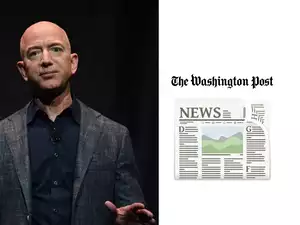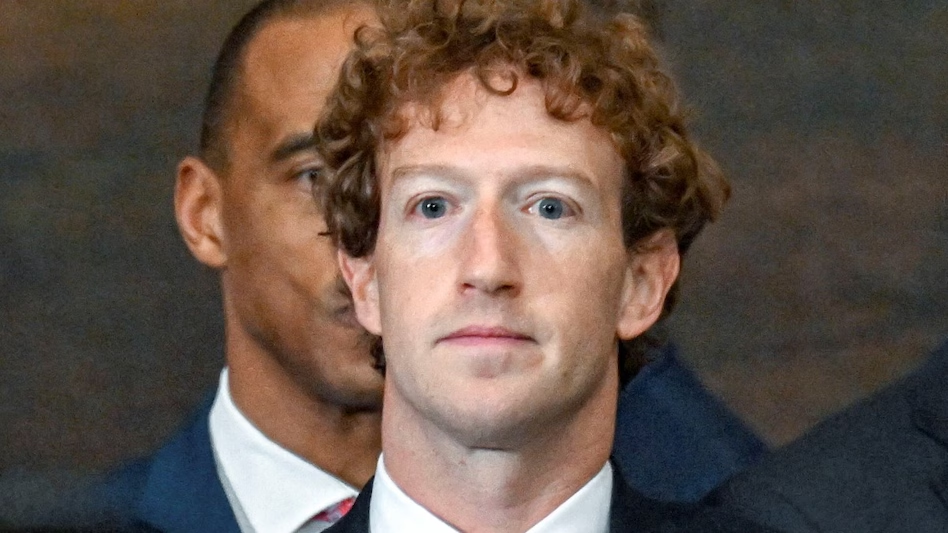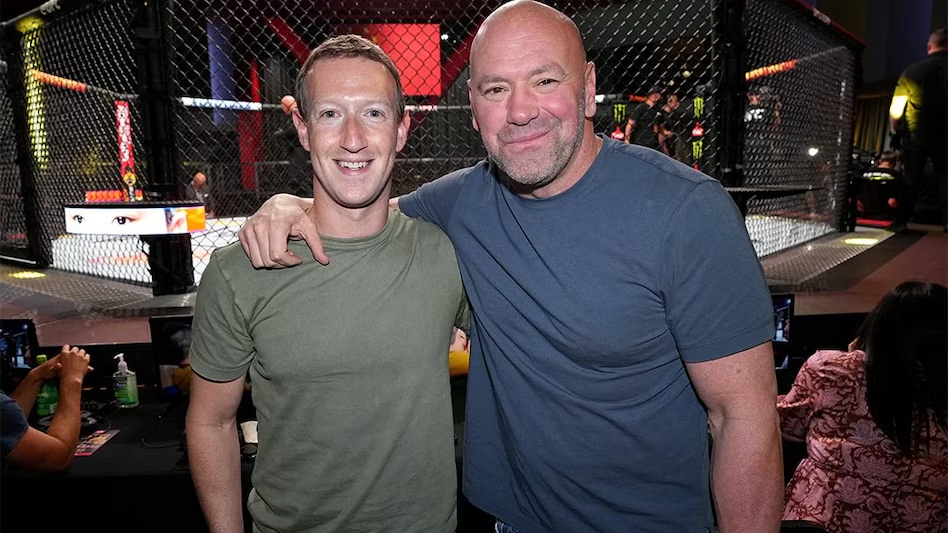Meta Platforms is under scrutiny for removing internal employee comments criticizing UFC President Dana White’s appointment to its board of directors. The backlash comes as CEO Mark Zuckerberg pushes for reduced content moderation across Meta’s platforms, framing the shift as a commitment to “free expression.” However, the company’s internal moderation practices are now being questioned, creating unrest among employees.
Controversy Over Dana White’s Appointment
On Monday, Zuckerberg announced three new board members—Dana White, John Elkann, and Charlie Songhurst—via Meta’s internal platform, Workplace, mirroring his public statement. While some employees welcomed the news with light-hearted remarks, others voiced strong disapproval of White’s history, specifically referencing a widely circulated video showing him slapping his wife in a nightclub. Critics pointed out that White faced no legal or professional consequences for the incident.
Additionally, some employees raised concerns about UFC controversies, including a civil court decision ordering UFC fighter Conor McGregor to pay $260,000 in damages for sexual assault. McGregor is appealing the ruling. One employee described White’s appointment as “disheartening,” while others questioned Meta’s vetting process and priorities for selecting board members.
Internal Moderation Sparks Discontent
Meta’s Internal Community Relations team removed several critical posts, citing the company’s Community Engagement Expectations (CEE) policy. The policy mandates a “respectful work environment” and prohibits “insulting, criticising, or antagonising” colleagues or board members.
However, the removal of these posts has raised concerns among employees, who feel their criticisms were unjustly silenced. Screenshots obtained by 404 Media reveal mounting frustration, with one employee asking, “Why do critical comments of this announcement keep getting deleted?” Others accused Meta of fostering a “chilling” environment where dissent is suppressed in the name of workplace harmony.
Conflict with Meta’s Free Expression Narrative
The controversy coincides with Zuckerberg’s announcement of significant changes to Meta’s content moderation policies. In a post shared Tuesday, he outlined plans to simplify rules and ease restrictions on contentious topics such as immigration and gender, emphasizing a return to promoting free expression. Joel Kaplan, Meta’s new head of Global Affairs, characterized the changes as enabling “more speech and fewer mistakes.”
Employees were quick to note the apparent contradiction between Meta’s external advocacy for free expression and its internal moderation practices. One employee questioned whether the “more speech” philosophy would extend to employee discussions, while another observed that dissent against company decisions seemed to fall under the “disruptive content” category.
Meta’s Defense
Meta spokesperson Tracy Clayton defended the company’s actions, explaining that internal policies like the CEE are distinct from external content moderation rules and are designed to minimize workplace disruptions. Clayton added that some critical comments were not removed because they adhered to the company’s policy.
Despite these assurances, the backlash highlights tensions between Meta’s external positioning as a champion of free speech and its internal practices, leaving many employees skeptical of the company’s commitment to fostering open dialogue.




















